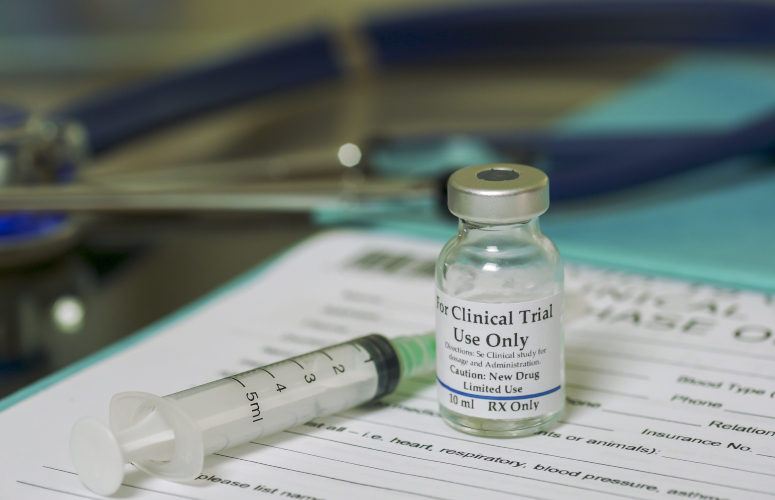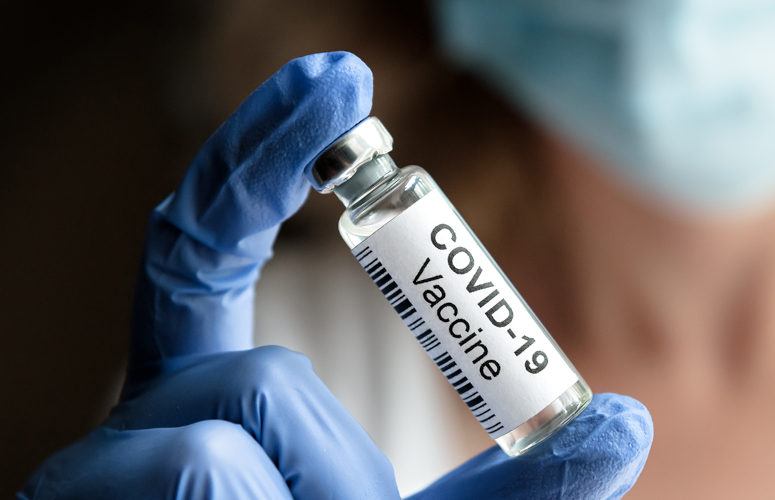
Economic Impact of COVID-19
In Action on Novel Coronavirus
By Nicole M. Sandelier, NJBIA Director of Economic Policy Research On May 1, 2020The nation is in uncharted territory from the stresses that the novel coronavirus has placed on healthcare providers and the economy. While the health and welfare of the American people is and should be the No. 1 priority, the implications of shutting down most of the US economy will likely have long-term impacts that are felt long after COVID-19 is gone.
Predicting what exactly that will be is difficult. As the US Chamber of Commerce put it, “The uniqueness of the current situation makes economic forecasting little better than fancy guesswork.” Yet, many economists are hard at work trying to model the economic impact of COVID-19.
Global Impact: While the dynamics of COVID-19 are changing, one fact is certain: The global impact of the pandemic is unparalleled. Given the widespread nature of the virus and the rising number of confirmed global cases, the World Bank warns of “unprecedented global shock.” This assessment is echoed by Moody’s Analytics, which has reduced its prediction for the economic growth of the G-20 economies from a 2.6% increase prior to the pandemic to a contraction of 0.5% overall in 2020.
National Predictions: Average estimates predict the US GDP will decline 12.4% for the second quarter of 2020 and be followed by a strong economic recovery for the second half of the year, according to the US Chamber of Commerce. Like many others, Goldman Sachs has revised its Q2 2020 estimates to reflect the impact of COVID-19, now forecasting a 34% decline in national GDP in Q2 accompanied by an increase in unemployment to 15% by year’s end. In total, the investment bank/financial services giant is predicting the US GDP to “contract by 3.8% for the full year on an annual average basis.”
Implications for NJ: In New Jersey, at a minimum, the impact of COVID-19 will be felt in both the current fiscal year and the proposed FY 2021 state budgets. The state is already taking steps to move the end of the current fiscal year from June 30 to Sept. 30.
Prior to the pandemic, the state’s revenues showed signs of strong growth. Now the question is how much revenues will fall as sales and income tax revenues plummet. As for the FY 2021 budget Gov. Phil Murphy proposed in February, it will likely need a complete rewrite due to the uncertainty in revenues, spending needs, and federal support as a result of the impact of COVID-19.
The fate of the state’s economy is at the mercy of the COVID-19 pandemic. With nonessential businesses ordered to close and more than 500,000 workers left without jobs, the quicker we “flatten the curve” the sooner life as we knew it can return. For the sake of the health of the American people and of the economy, the sooner we defeat COVID-19, the better.
To access more business news, visit NJB News Now.
Related Articles:






